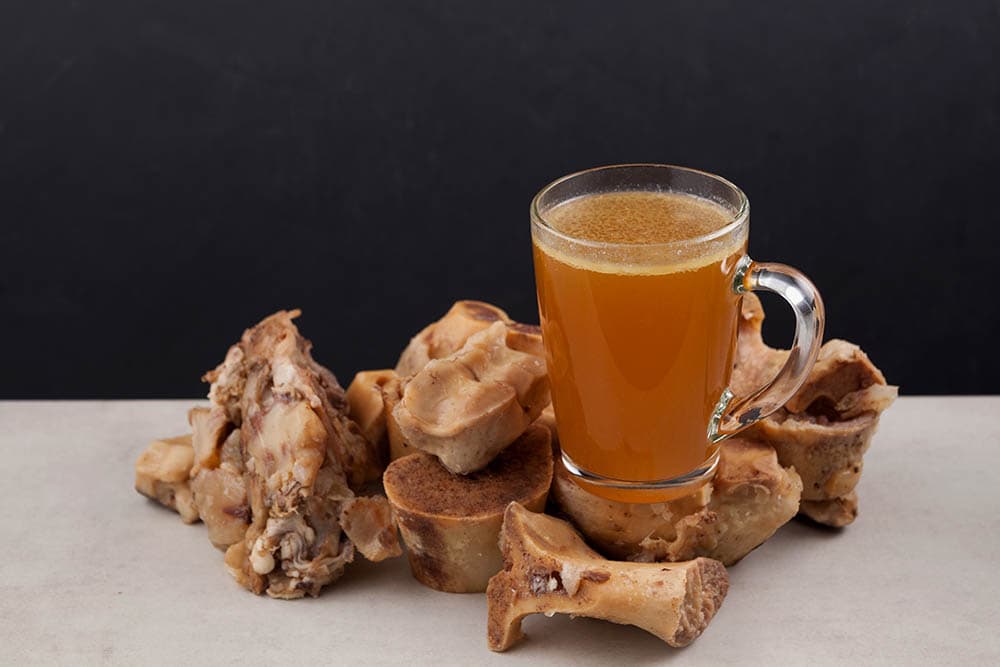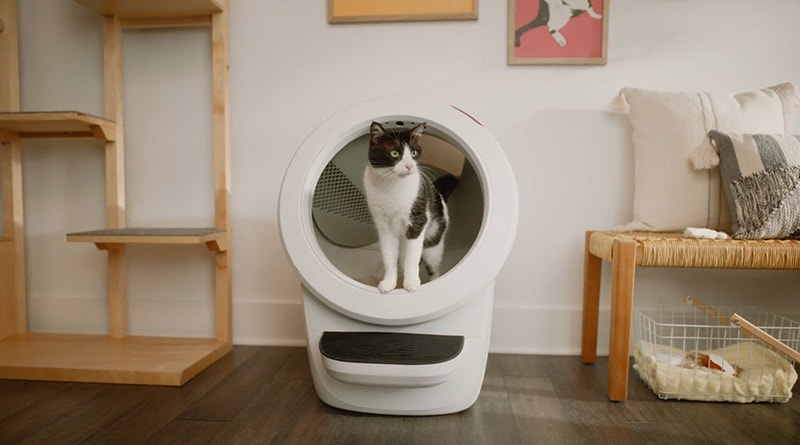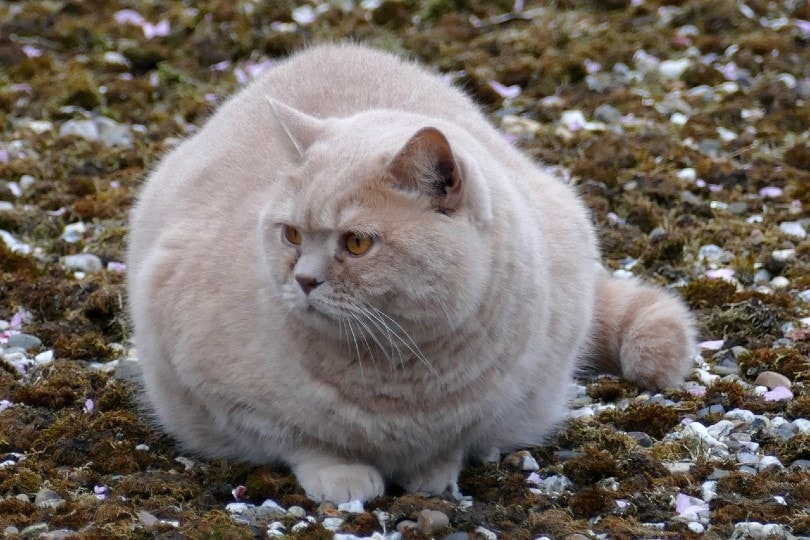Are Polka Dot Plants Toxic to Cats? Vet-Approved Facts & Safety Guide
Updated on
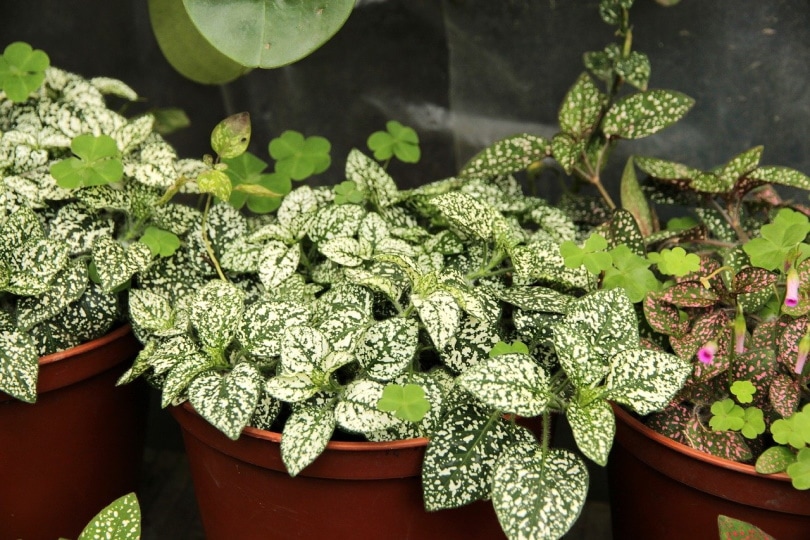
Polka Dot plants have beautiful foliage that can liven up any room, but if you’re a cat owner, you know that certain house plants are toxic to cats. Before bringing any plant into your home, it’s important to make sure the plant is safe. Luckily, Polka Dot plants are not toxic to cats, but they can still make your cat sick.
Are Polka Dot Plants Toxic to Cats?
Polka Dot plants (Hypoestes phyllostachya) are not toxic for cats, dogs, or horses, but your pet can still get mild vomiting and diarrhea from eating them. Consuming tiny bites of the leaves isn’t likely to cause your cat any discomfort, but large amounts can cause gastrointestinal upset.
For the most part, though, you can rest easy. Cats don’t usually eat Polka Dot plants, and if your cat is inclined to do so, you can either swap it for a plant that your cat is not interested in or try to train them to stay away. Most of the time, plant-eating felines are cats with a lack of environmental enrichment. Speak to your vet if you spot any signs of boredom in your feline friend.
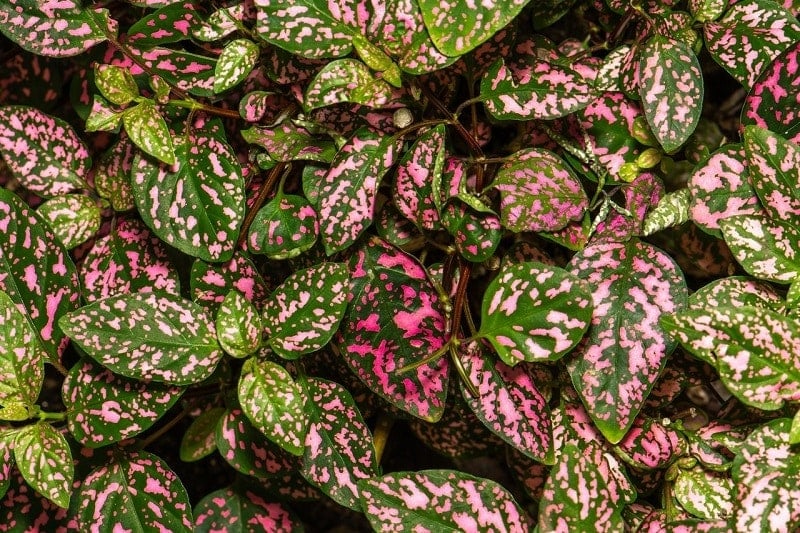
Keeping Your Cat Safe
You can keep your cat from ingesting your Polka Dot plant by keeping it in an area that isn’t frequented by your cat. If you have an indoor cat, consider putting your plants outdoors.
Keeping your cat well-fed and entertained will also help prevent them from eating undesirable things. If you must keep your Polka Dot plant in the house, train your cat to stay away from the plant. You can do this the same way that you teach your cat to stay off the counter or kitchen table.
Even though the Polka Dot plant is not toxic to your kitty, they can get mild digestive signs if they chew on it. Also, even if your cat doesn’t nibble on its leaves, they may harm the plant while trying to reach it. Most cats don’t want to eat a Polka Dot plant, but many will be happy to dig in the dirt, topple the plant over, or claw at the leaves.

Polka Dot Plants vs Polka Dot Begonias
It’s important to be extremely careful about the species of plants that you buy when you have a pet in the house. While Polka Dot plants aren’t toxic to cats, there are similar-looking plants that are extremely poisonous.
Hypoestes phyllostachya is the scientific name for the house plant commonly known as the Polka Dot plant. It has vibrantly colored leaves with patterns that look like dots or freckles.
Polka Dot Begonias have similar-looking polka dot patterns on their leaves, but they are extremely poisonous to cats. In fact, over 1,000 species of Begonias are toxic to cats, dogs, and horses. If a cat consumes part of a Polka Dot Begonia, it will cause mouth discomfort, drooling, and vomiting. Even a tiny piece of a Begonia plant can cause serious health consequences for your cat.
Begonias contain soluble calcium oxalates, and these crystals combine with calcium in your cat’s bloodstream, which can lead to hypocalcemia or kidney failure.

Final Thoughts
While Polka Dot plants aren’t toxic to cats, they can still make them sick. It’s best to keep the plants in a separate area of the house where your cat doesn’t frequent or put them outdoors. Since there are other plant species that mimic the appearance of Polka Dot plants that are toxic for cats, it’s extremely important to be aware of the exact plant that you have in your house. Contact your veterinarian if you have any concerns about a plant that your cat has consumed.
See Also:
Featured Image Credit: zoosnow, Pixabay


